The Conservatives have spent the past few elections and inter-election periods demonizing a carbon tax that they themselves have promoted. At a Canada-UK Chamber of Commence meeting on May 29, 2008, Stephen Harper said that his government has applied a $65 per ton price on carbon, which we all know translates to a $65 per ton tax on carbon which is a carbon tax.
After yesterday’s tight races in 2 federal by-elections, Calgary-Centre stayed Conservative and Victoria remained NDP. The third race, Durham, saw a strong Conservative victory. Overall, despite their losses, the Liberals and Greens can celebrate the results, which are bittersweet for the Tories and NDP. The winners may keep their turf, but it isn’t stable.
Developing Canada’s oil sands brings great promise to the Canadian economy and allows for an opportunity to emerge as a major player in the energy market. The oil that sits unrefined in Alberta opens doors to vast new trade opportunities, which each bring long term benefits. Most importantly, Canada’s oil presents an opportunity to lower fuel prices nationwide and offset some of the tax burden from middle class families to fund the services Canadians cherish. Overall, if exploited wisely by Canada’s private industries and used for the right objectives, Alberta’s oil sands present an opportunity to bring great benefits to this country… Why would you want to give that away?
Since the defeat of Paul Martin’s Liberal Minority Government in 2006 by Stephen Harper’s Conservatives, the news has only gotten worse, and worse, and worse for the Liberal Party of Canada. The once mighty party was reduced to third party status last year after repeated hits, losses and unfavorable conditions. However, there is a glimmer of hope at the horizon. As the Liberals grow and rebuild, a new Forum poll for The National Post shows, in favor of other polls that have been conducted, that star candidate Justin Trudeau can take them back to the top if he becomes their leader.
The NDP has repaid a total of $344,658 in sponsorship revenue from 2006 onward after being found guilty of breaking political financing laws. The investigation started with a complaint about union funding from the Conservative Party of Canada back in September 2011.
It was only a matter of time before the Conservatives would try to paint NDP leader Thomas Mulcair as an environmental radical but in an unexpected turn, the NDP have struck back, hitting the Conservatives where it really hurts.
In politics, there is no such thing as a reality. If people think a certain way of a party, this way of thinking becomes a reality that is set in stone. While polls aren’t always accurate, they give people a chance to see what others are thinking and it also gives a chance to see where people stand on policies and what perceptions they have of political parties.
Prime Minister Stephen Harper campaigned on having a “strong, stable, national Conservative Majority Government” to protect Canadians from a “coalition with the separatists.” It turns out that after a secret meeting with former PM Brian Mulroney and current Quebec Premier Jean Charest, Harper is ready to work with the separatists.
It’s one thing to say that you want to fix Ottawa. It’s one thing to say that you want to get rid of the Harper government. It’s a completely other thing to act on those words, it seems, for the NDP. After recent actions in the House of Commons and recent comments published by former strategist Brian Topp, the NDP affirm that dirty tactics are here to stay.
The opposition has been doing everything they can to stop Bill C38 or the Omnibus Budget Implementation Bill – the same bill that would attack and transform EI, the same budget that would attack pensions and retirement, and the same budget that would take an axe to environmental regulations to prop up the Alberta tar sands exploitation project.
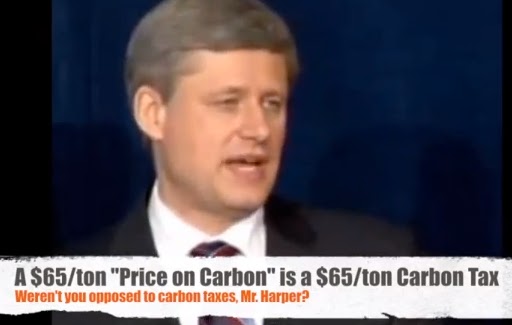
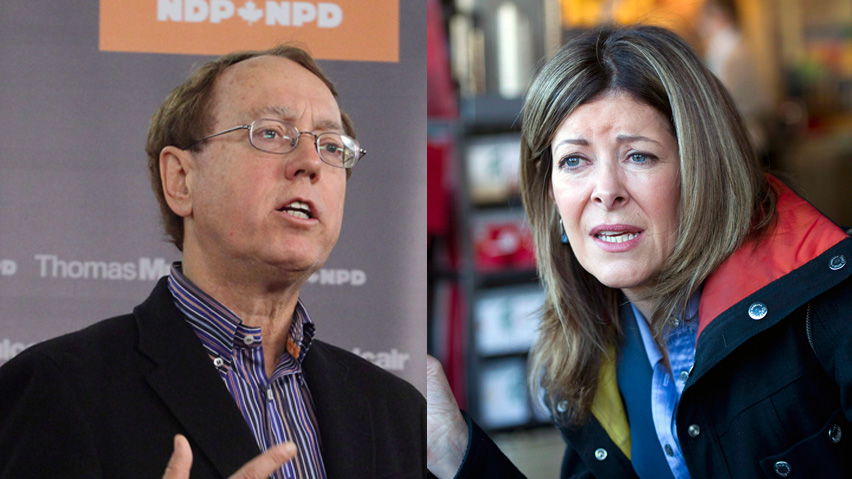

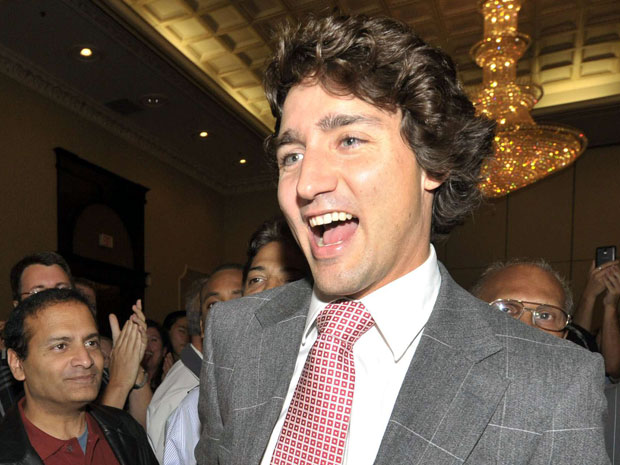
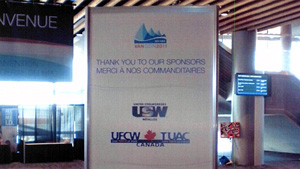
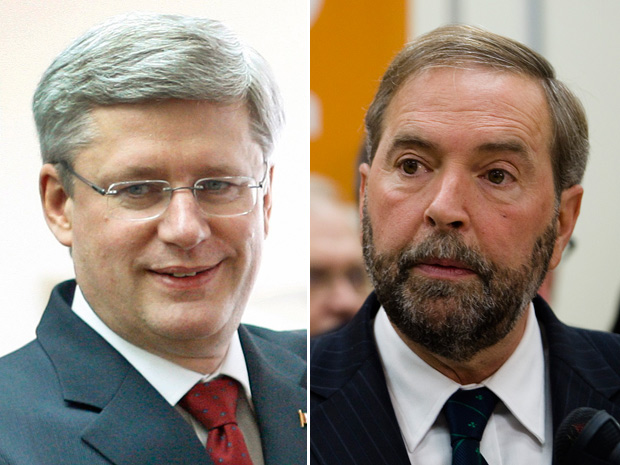
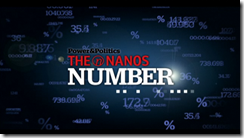
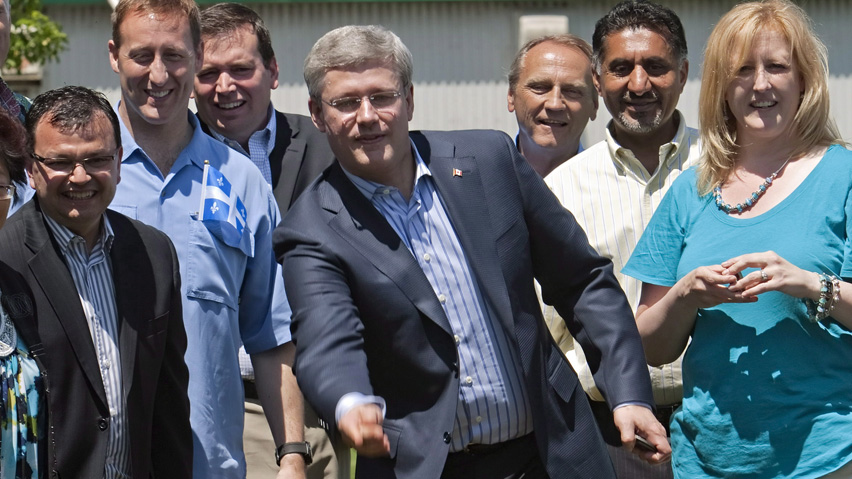
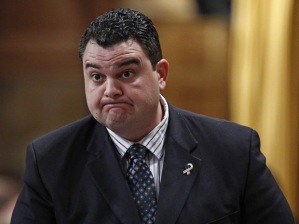
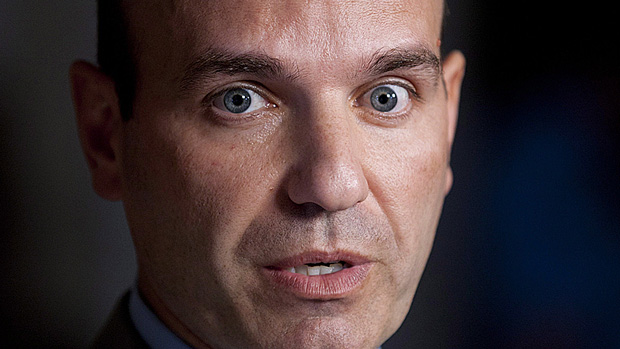
 Share articles about NDP
Share articles about NDP